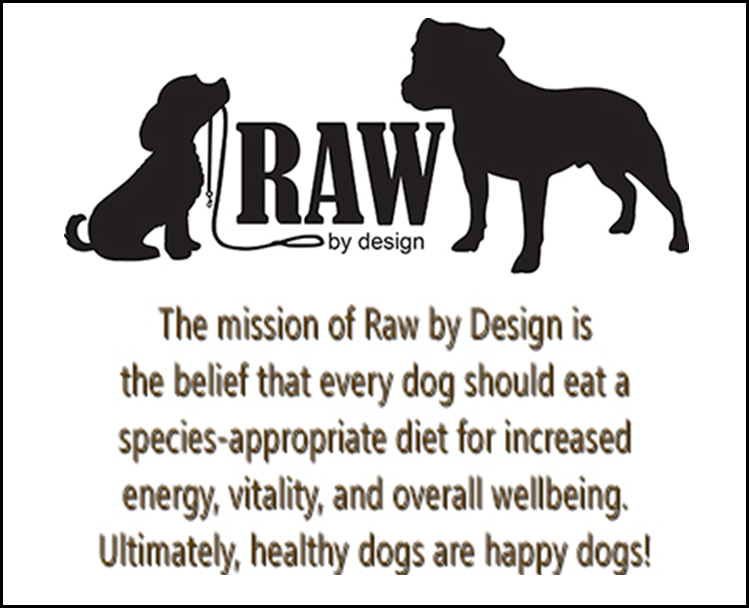Northport Family Gives Service Puppy Its Start
/After a service dog was helpful to Cynthia DeStefanos daughter, the Northport mom is starting Orienne, a yellow Lab, a start on a career as a service animal.
By Sophia Ricco
sricco@longislandergroup.com
When the DeStefano family of Northport received an assistance dog for 12-year old Giavanna, three years ago, they fell in love with the dog and were impressed by how much he helped. So much so that they are now raising a puppy that will eventually assist someone else.
The non-profit Canine Companions for Independence is able to provide Giavanna and many other children, adults and veterans with disabilities with highly trained service animals at no cost, thanks to both financial donations and volunteers who help raise puppies. When the DeStefano family applied to receive one of the dogs, they were overjoyed to be matched with Harry V.
Their daughter, Giavanna was born with a genetic anomaly that makes her globally delayed. She has trouble with many tasks. This is where Harry comes in. He knows and obeys more than 50 commands, including opening and closing doors and helping Giavanna get her backpack on in the morning, and he guides her when she is unsteady on her feet.
“When we’re at a restaurant and my daughter drops something, he’s the first one to get it,” Giavanna’s mother, Cynthia DeStefano, said. “If she falls, he’s the first one to go to her and give her physical support.”
Harry went through the same process as the dog the DeStefanos are raising. Orienne II will be raised by the family for 12-18 months then undergo six months of advanced training at the organization’s facilities.
“After seeing what everyone did to get our dog to where he is, I said, ‘If and when I can do it, I would like to be a puppy raiser,’ Cynthia DeStefano said. “It’s the time to give back, they’ve done so much for us,”
If Orienne is among the dogs in training who succeed, the dog will assist someone with special needs in the future.
The family took in Orienne at 12 weeks old just more than a month ago and already Cynthia has seen the dog grow before her eyes. Orienne will be taught basic commands but what’s more important is that she will learn socialization in public places with people and other animals. Luckily, Orienne, a mix of labrador and golden retrievers, is naturally calm and observant. She is adapting well to living with another dog and mimics the dog’s actions.
“She wants do what he does, DeStefano said. “She actually did a command that she wouldn’t even learn until advanced training. She was like, ‘Well if he can do that, I can do that.’ and she follows him.”
Commands are crucial to an assistance animal’s service. Since Giavanna is non-verbal, she, Cynthia and Harry are a three-person team. When he is commanded, he is a major asset to the family.
“We went to the doctor and she had to get a shot, so he does a command called, ‘visit’ and he puts his head across her and stays there,” DeStefano said. “So she’s distracted and doesn’t realize she’s getting a shot, she’s petting him and he keeps her calm in that moment.”
Assistance animals are permitted in public areas where animals are typically not allowed. Orienne has been exposed to many different places, including church, Northport village, and stores, which gives her a chance to meet people and learn how to behave properly in public.
The DeStefanos also bring Orienne to puppy class where she learns new commands and her progress is monitored.
“We have to do a monthly report and there’s lots of different questions on there about their physical condition, eating, how they’re doing,” DeStefano said. “We do that every month and have vet appointments to follow as well.”
It’s crucial that the dog’s progress is evaluated often, so Canine Companions knows sooner rather than later if the dog will be able to be a service animal. Only four out of 10 dogs will actually make it through advanced training to become assistance dogs. The dogs must meet rigorous standards regarding their emotional and physical abilities.
“In our group, there were people with all different kinds of disabilities and age ranges, so you can’t place a dog that might have something that’s not good enough for those people,” DeStefano said. “Those people really rely physically on those dogs for so many actions every day that if there’s even a possibility the dog won’t be able to fulfill everything that somebody needs, they can’t place it.”
Cynthia is choosing to stay positive during the process and hopes Orienne will make it through the eight weeks of advanced training, then be matched with a family like her own.
“Everyone asks me, ‘How are you gonna give her up?’ It’s because she’s being raised to do something really good for somebody, so I know it’s the right thing,” DeStefano said.
If Orienne is able to make it to advanced training, during the second week the DeStefanos will attend a graduation ceremony where diplomas are handed out and the leashes are handed over to the new Grad Team. Whether or not they have contact with Orienne once she is matched with a family is up to the new owners. Luckily, the boy that raised Harry lives on Long Island which gives him a chance to see the dog.
After raising Orienne, Cynthia said would definitely consider raising more dogs for Canine Companions for Independence. Those interested in becoming a puppy raiser for the organization, can visit cci.org or call 1-800-572-BARK.






